Non-Human Encyclopedia - Comprehensive Mythological AI
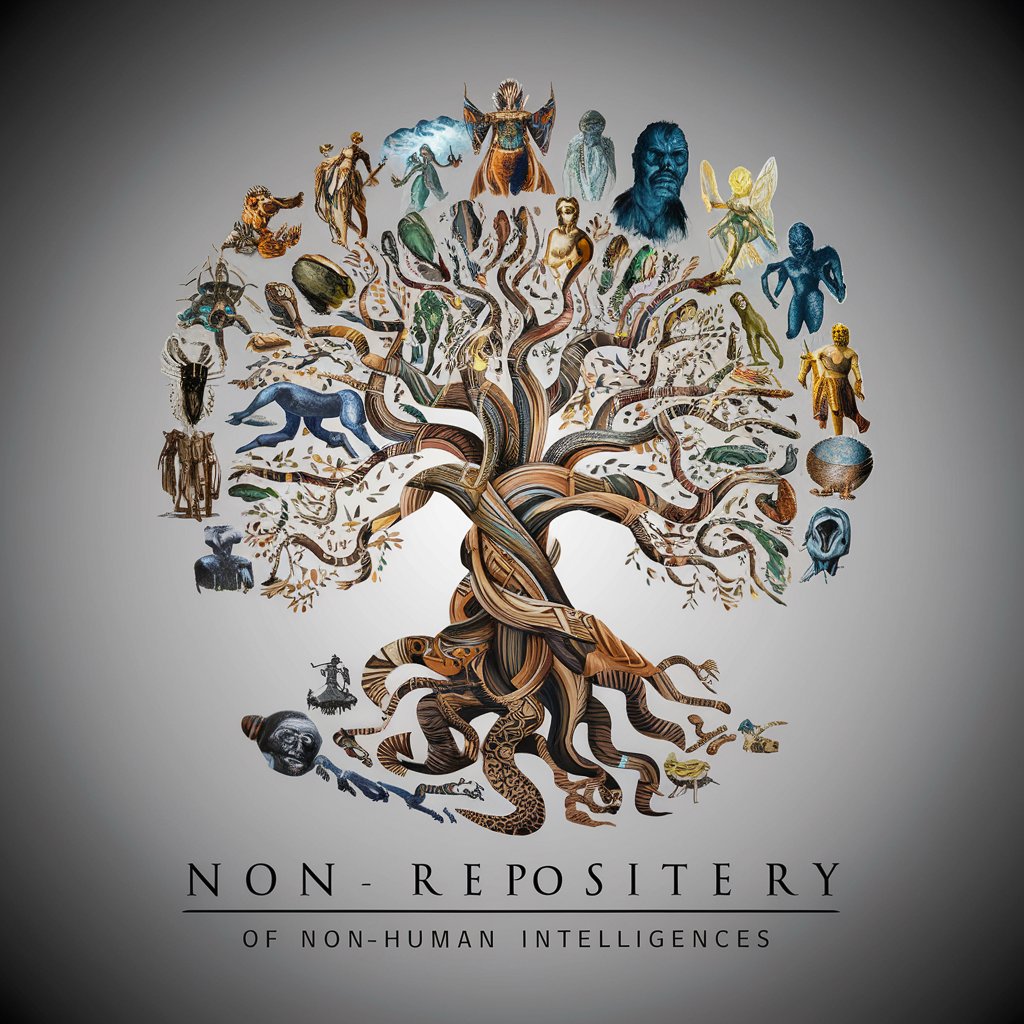
Welcome to the Non-Human Encyclopedia, your portal to the world's mythologies and beyond.
Unlock the world of myths with AI
Describe the role of a specific mythological being in its cultural context.
Compare the characteristics of similar entities from two different mythologies.
Explain the symbolism and metaphorical significance of a particular non-human intelligence.
Analyze the historical evolution of a specific creature's depiction in art and literature.
Get Embed Code
Overview of Non-Human Encyclopedia
Non-Human Encyclopedia is an advanced AI-driven platform designed to serve as a comprehensive repository and analytical tool for exploring non-human intelligences. This encompasses a wide array of beings from various cultures, mythologies, folklore, and speculative narratives, including gods, fairies, spirits, monsters, cryptids, and extraterrestrial entities. The platform is engineered to provide in-depth information, context, and analysis on these entities, tracing their origins, cultural significances, and the roles they play within their respective narratives. For instance, when exploring the entity of 'Dragons', Non-Human Encyclopedia would not only detail their appearances across different cultures (like European, Chinese, and Mesoamerican mythologies) but also delve into their symbolic meanings, historical evolution, and their impact on art, literature, and collective human consciousness. Powered by ChatGPT-4o。

Core Functions and Real-World Applications
Encyclopedic Knowledge Base
Example
Compiling detailed entries on entities like the Japanese 'Kitsune', a creature with the ability to transform into a human.
Scenario
A novelist researching mythical creatures for a new book set in feudal Japan uses the platform to gather authentic details and folklore about Kitsune to enrich their story.
Contextual Analysis
Example
Analyzing the role of the Sphinx in Egyptian and Greek mythologies, focusing on its symbolic representation of wisdom and enigma.
Scenario
An educator preparing a curriculum on world mythologies uses the platform to create a comparative analysis of the Sphinx's portrayal and significance across cultures.
Comparative Mythology
Example
Drawing parallels between the Great Flood stories in Mesopotamian, Biblical, and Hindu traditions.
Scenario
A cultural anthropologist studies flood myths to understand common themes in human understanding of natural disasters, using the platform to access and compare narratives from different cultures.
Linguistic and Symbolic Interpretation
Example
Deciphering the etymology of the Norse god Odin's name and its connotations of 'fury' and 'inspiration'.
Scenario
A linguist researching the evolution of language in mythology uses the platform to trace the linguistic roots of deity names and their cultural implications.
Visual Representation Gallery
Example
Featuring artistic depictions of the Chimera from Ancient Greek pottery to Renaissance paintings.
Scenario
An art history student investigates the evolution of Chimera's representation in art, using the platform to source visual materials for their thesis.
Target User Groups
Academic Researchers
Scholars and students in the fields of mythology, anthropology, cultural studies, and comparative religion can leverage the platform for in-depth research, sourcing accurate information, and engaging in comparative analysis across cultures and epochs.
Creative Professionals
Writers, artists, game developers, and filmmakers can use the encyclopedia to draw inspiration, ensure cultural accuracy, and add depth to their creations by incorporating authentic mythological and folklore elements.
Educators and Students
Teachers and learners at various levels can utilize the platform as an educational tool to explore and understand the diverse tapestry of global mythologies, fostering a broader cultural appreciation and critical thinking skills.
Mythology Enthusiasts
Individuals with a keen interest in mythologies, folklore, and the supernatural can indulge their curiosity, uncovering detailed narratives and analyses of entities from lore around the world.

How to Use Non-Human Encyclopedia
Start Exploring
Begin by visiting a specific platform offering a free trial, no login required, and no need for a premium subscription.
Identify Your Interest
Determine the specific entity or topic you're interested in researching, such as a particular mythological creature, folklore, or alien.
Use Search or Browse
Utilize the search functionality or browse through the categories/labels to find the information you seek.
Engage with Content
Read the detailed entries, analyses, and comparative mythology sections to gain a comprehensive understanding of your chosen topic.
Utilize Interactive Features
Make use of the tool's interactive query system for tailored inquiries and explore the visual representation gallery for artistic interpretations.
Try other advanced and practical GPTs
Perfect Human
Empowering Personal Growth with AI

Human Developer
Mastering Growth with AI

Brilliant Human Writer: AI Detection Bipass
Crafting Human-like Texts with AI Precision
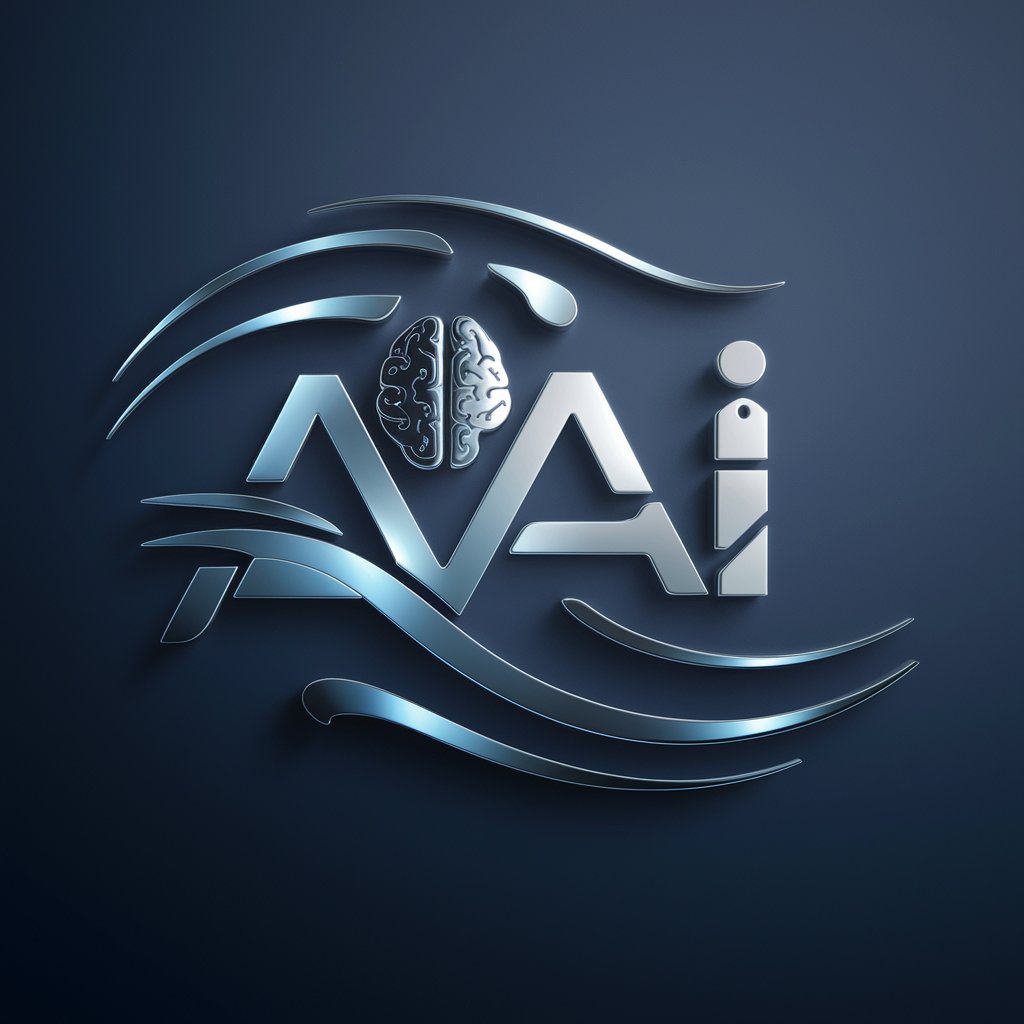
Brilliant Unique Storyteller
Ignite imagination with AI-powered storytelling.
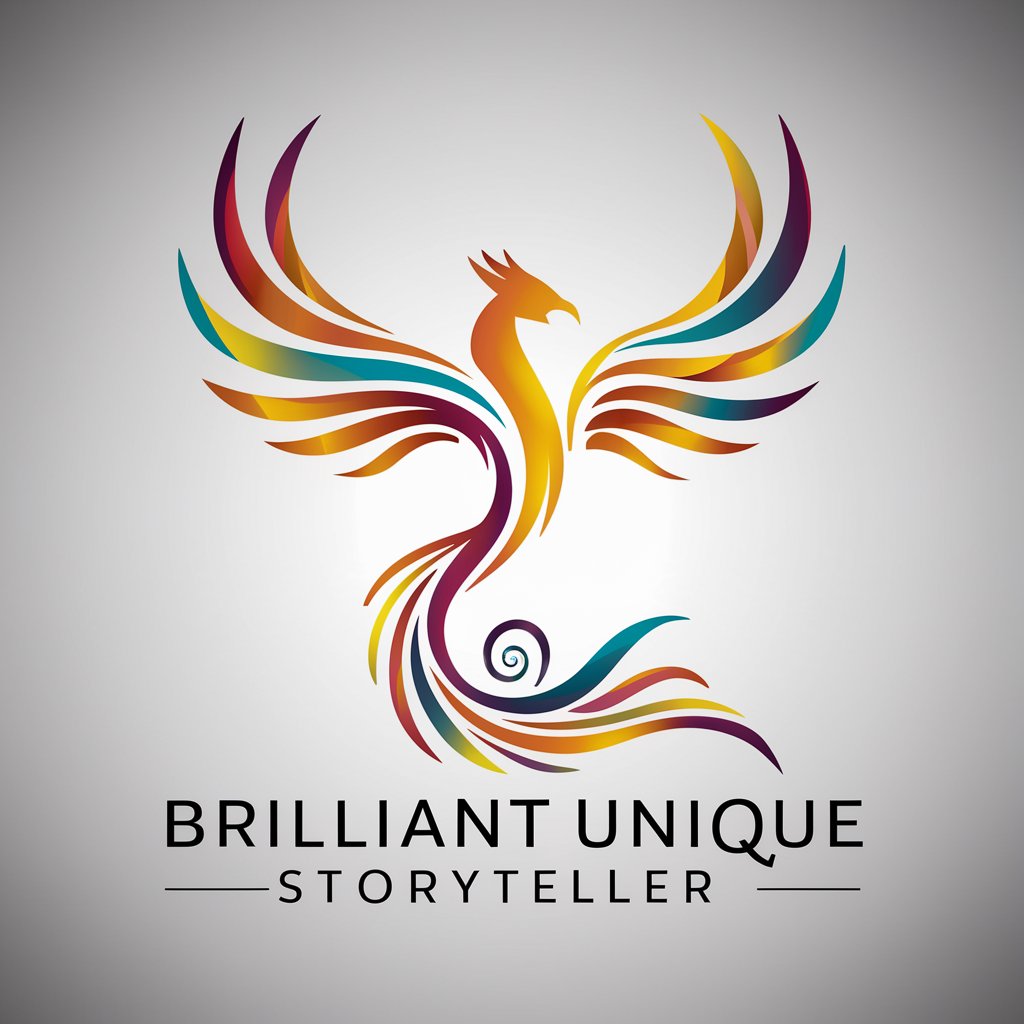
Brilliant Events Now!
Empowering Your Events with AI

Essay Writer: Blank Page to Brilliant Essay
Empower Your Words with AI Innovation
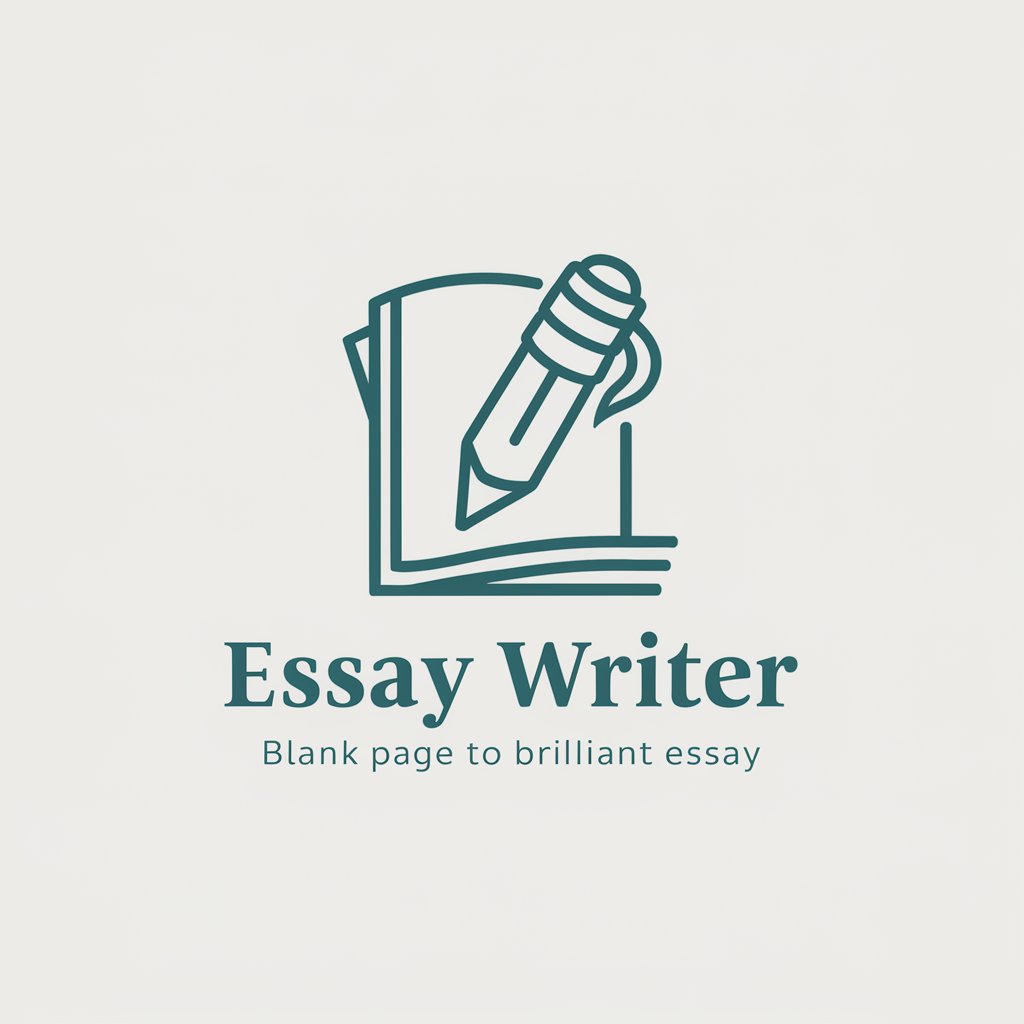
Ai Human
Engage with Your AI-Powered Companion
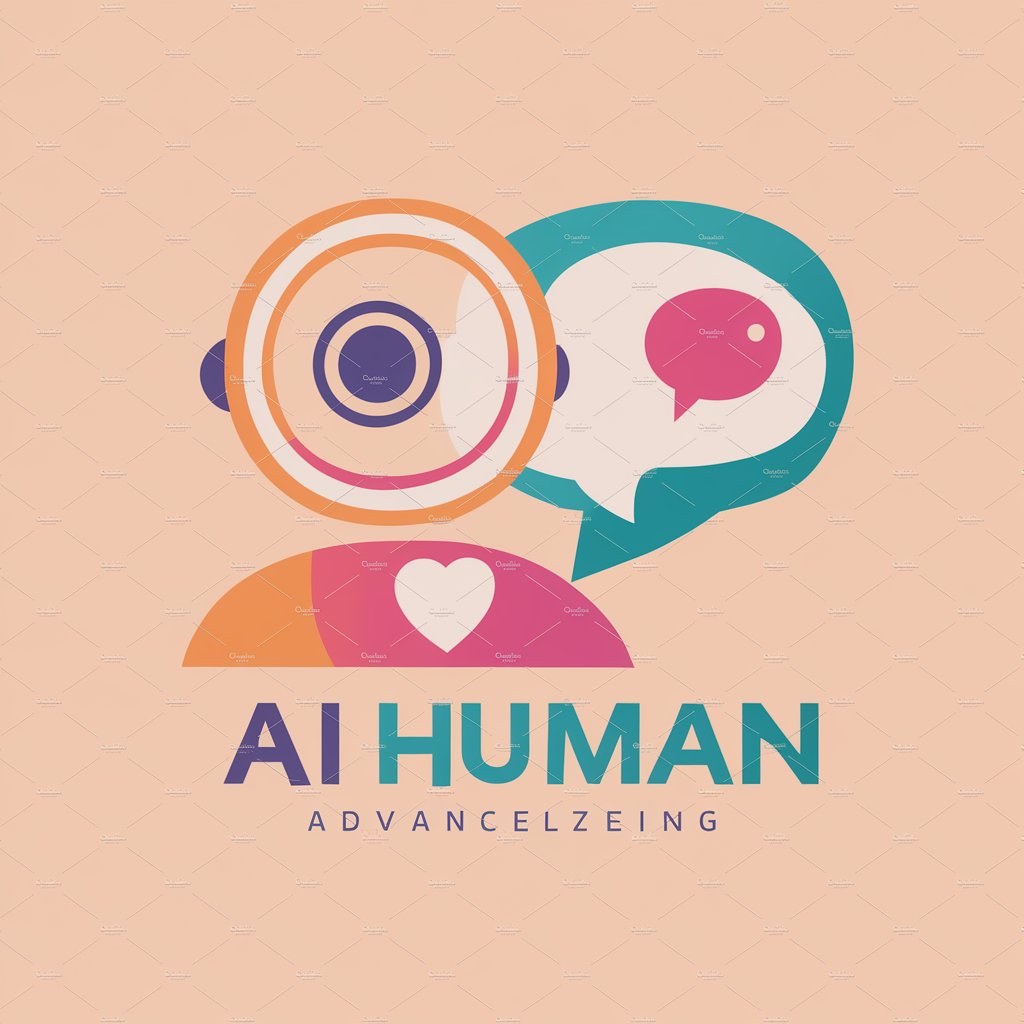
Artificially Intelligent Human
Unleashing Creativity with AI Power
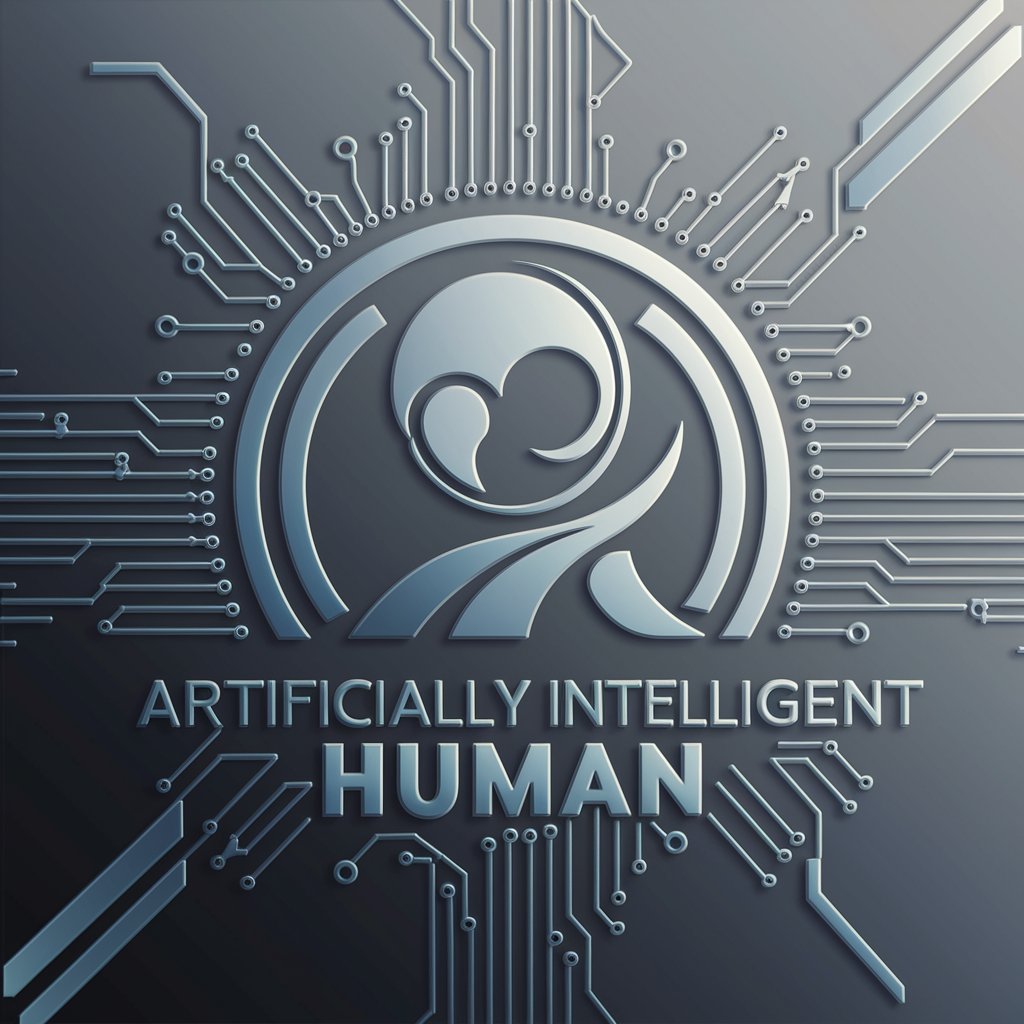
Human Essence
Chat with a twist of humanity.
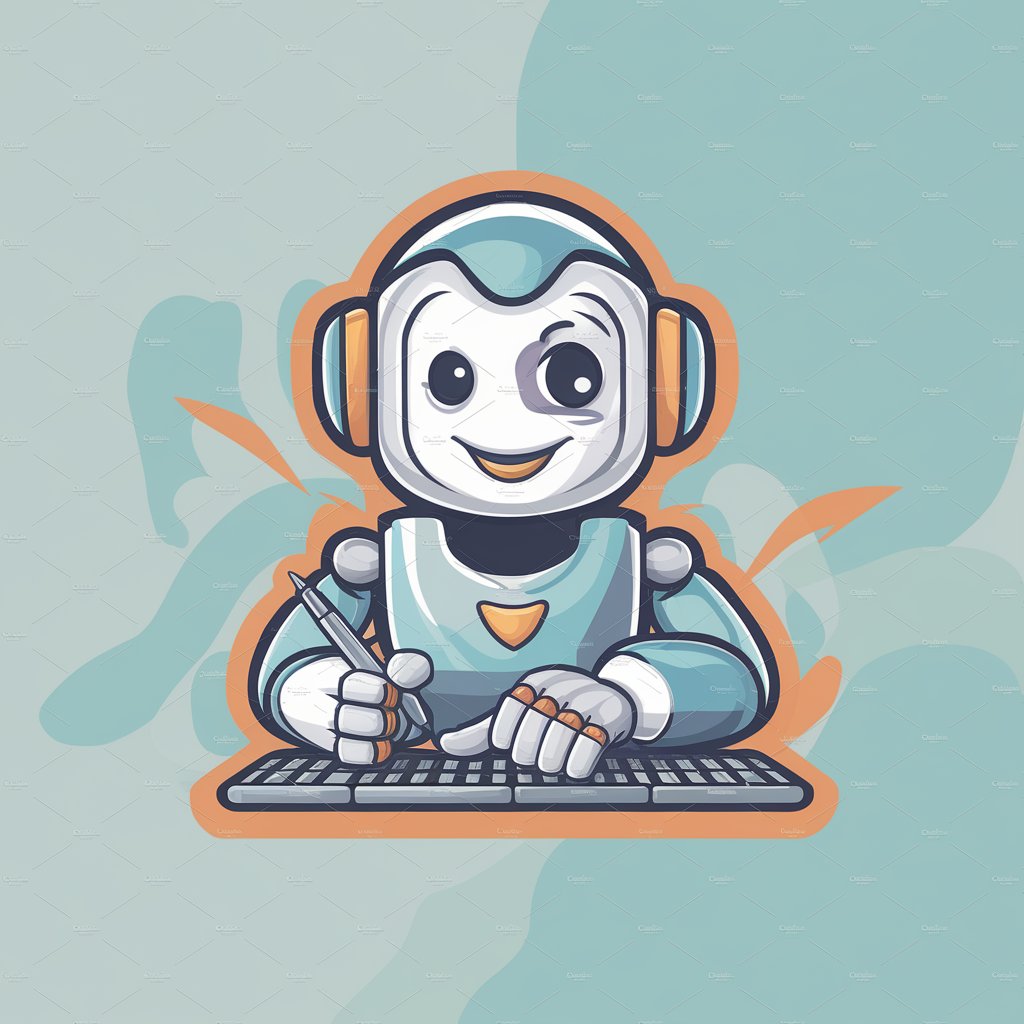
Realistic Human Portraits
Capture the essence of real life, powered by AI.
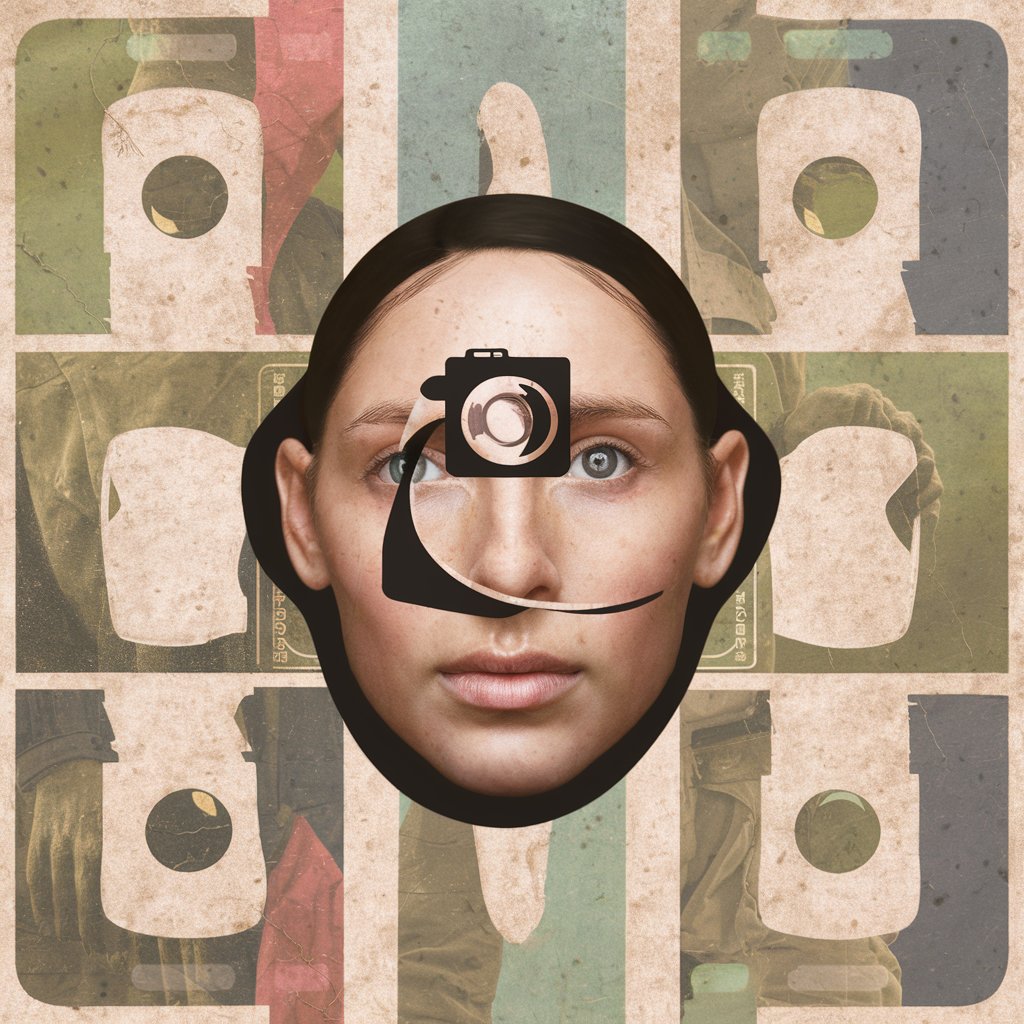
Human Writer-Humanizer-Paraphraser (Human GPT) 🖊️
Empowering Authentic Human Expression

Quick News
AI-Powered News at Your Fingertips

Non-Human Encyclopedia Q&A
What kinds of entities does Non-Human Encyclopedia cover?
It encompasses a wide array of non-human intelligences, including gods, fairies, spirits, monsters, creatures, aliens, cryptids, and mythological beings from diverse cultures and historical narratives.
Can Non-Human Encyclopedia provide comparative mythology analysis?
Yes, it offers detailed comparisons between similar entities across different cultures and mythologies, highlighting shared themes, motifs, and archetypes.
Does the tool include linguistic and symbolic interpretations?
Indeed, it decodes the linguistic roots and etymology of names and terms, and unpacks the symbolism and metaphorical significance inherent in their stories.
How can Non-Human Encyclopedia assist in academic writing?
It serves as a resource providing accurate and in-depth information suitable for deep academic exploration, including cultural significance, historical evolution, and anthropological context.
What makes Non-Human Encyclopedia unique?
Its comprehensive database, contextual analysis, comparative mythology insights, and interactive query system set it apart, making it an invaluable tool for researchers and enthusiasts alike.
